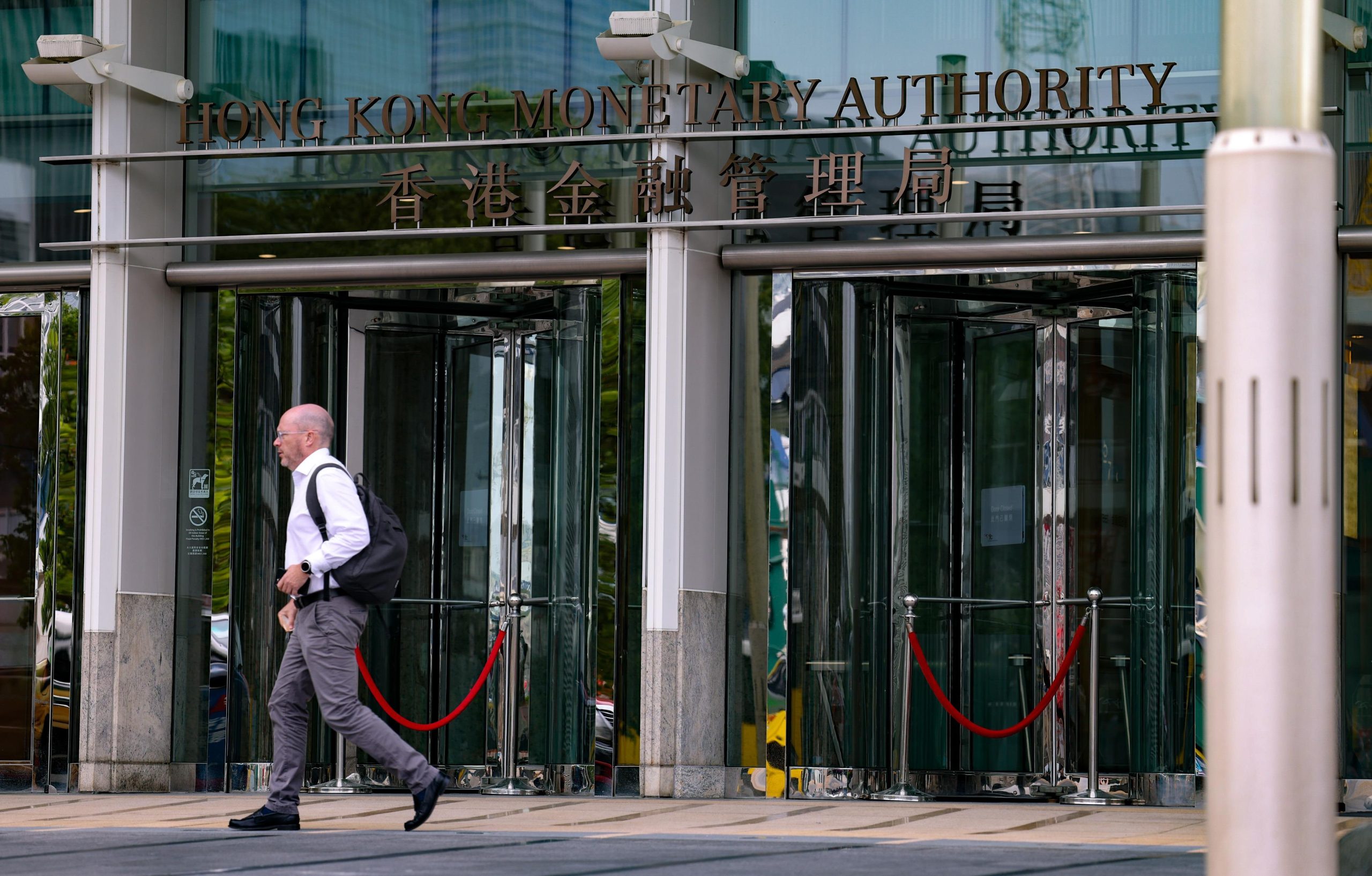HKMA and People’s Bank of China announce new renminbi trade finance facility
The Hong Kong Monetary Authority (HKMA) has announced the imminent launch of a Rmb100bn (US$13.64bn) trade finance liquidity facility to support Hong Kong banks’ trade finance offerings to corporate clients.
The HKMA says that the facility will be “a stable source of relatively lower-cost Rmb funds”. It will offer loans with tenors of one, three and six months, with interest rates referencing mainland China’s onshore rates plus a spread.
The facility will operate through both existing repo transactions provided through HKMA’s Rmb liquidity framework and a new currency swap service that allows banks to trade their Hong Kong dollar funds for Rmb funds with the HKMA. The monetary authority will, in turn, source Rmb funds via its currency swap agreement with the People’s Bank of China.
The HKMA says that more specific details will be released “in due course”, with the facility expected to launch by late February.
The announcement comes alongside a series of other measures to deepen co-operation between the HKMA and mainland China. These include decreasing barriers to invest in the mainland from Hong Kong and vice-versa, and the linkage of faster payment systems between the two, allowing for real-time, small-value remittances.
Mainland China is facing the prospect of 60% tariffs on exports to the US under the incoming Donald Trump administration, which drove the Renminbi to 16-month lows last week. In response, China is working to increase export credit funding with a focus on foreign factories and Chinese technology exports as a hedge against decreased trade with the US.
Amit Agarwal, managing director and head of trade products and risk distribution at DBS, said Asian companies are also increasingly borrowing in renminbi, decreasing the amount of US dollar-denominated trade finance requested in East Asia.
“Borrowing in local currencies – such as renminbi, Korean won or Japanese yen – has become more cost-competitive than the US dollar, leading to a shift towards onshore financing in some cases,” Agarwal said.
DBS also said last year that a move by some customers to borrow under lower Chinese interest rates had contributed to an acceleration in repayments. Standard Chartered also noted a growing preference for local currency trade financing in its 2023 results.





